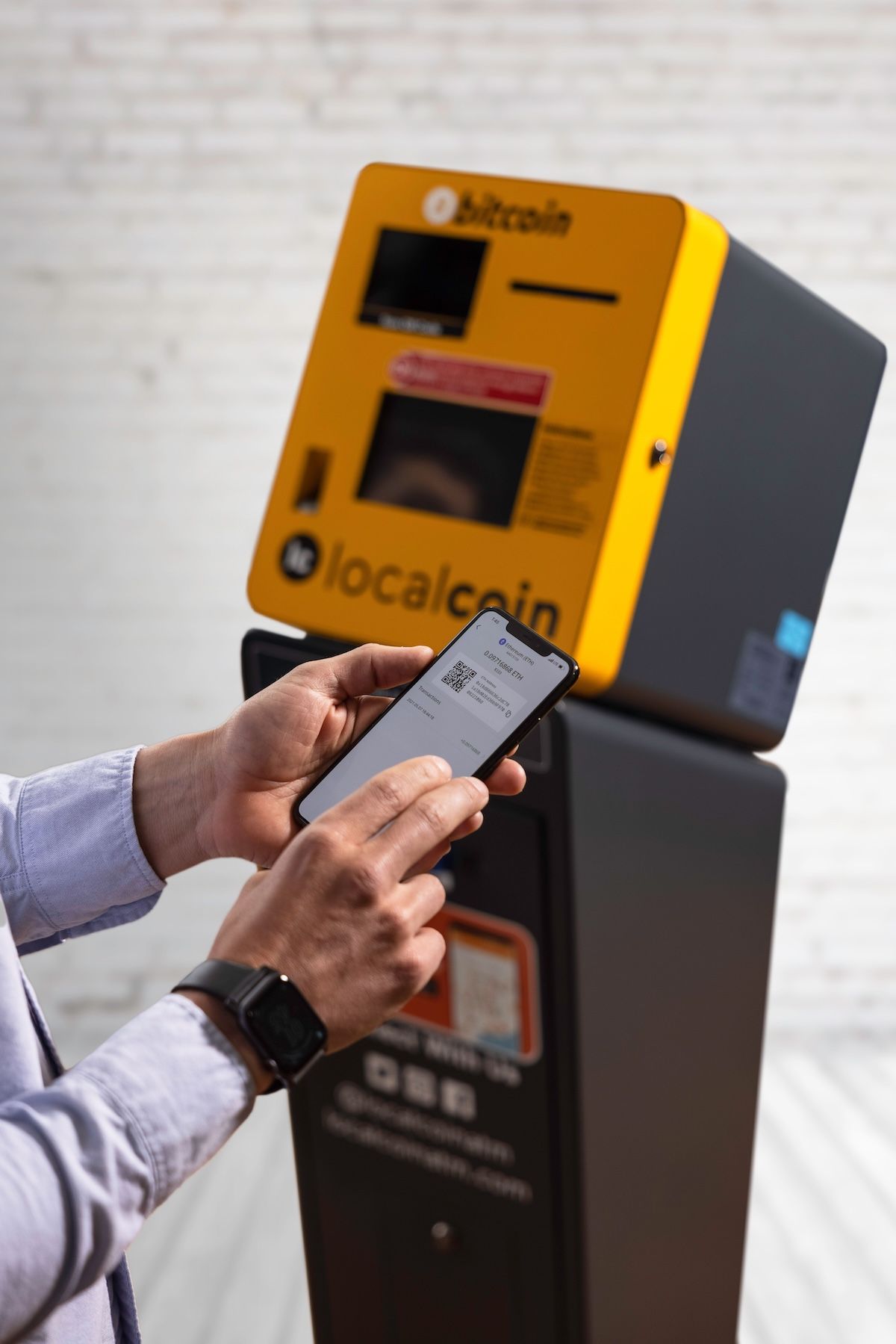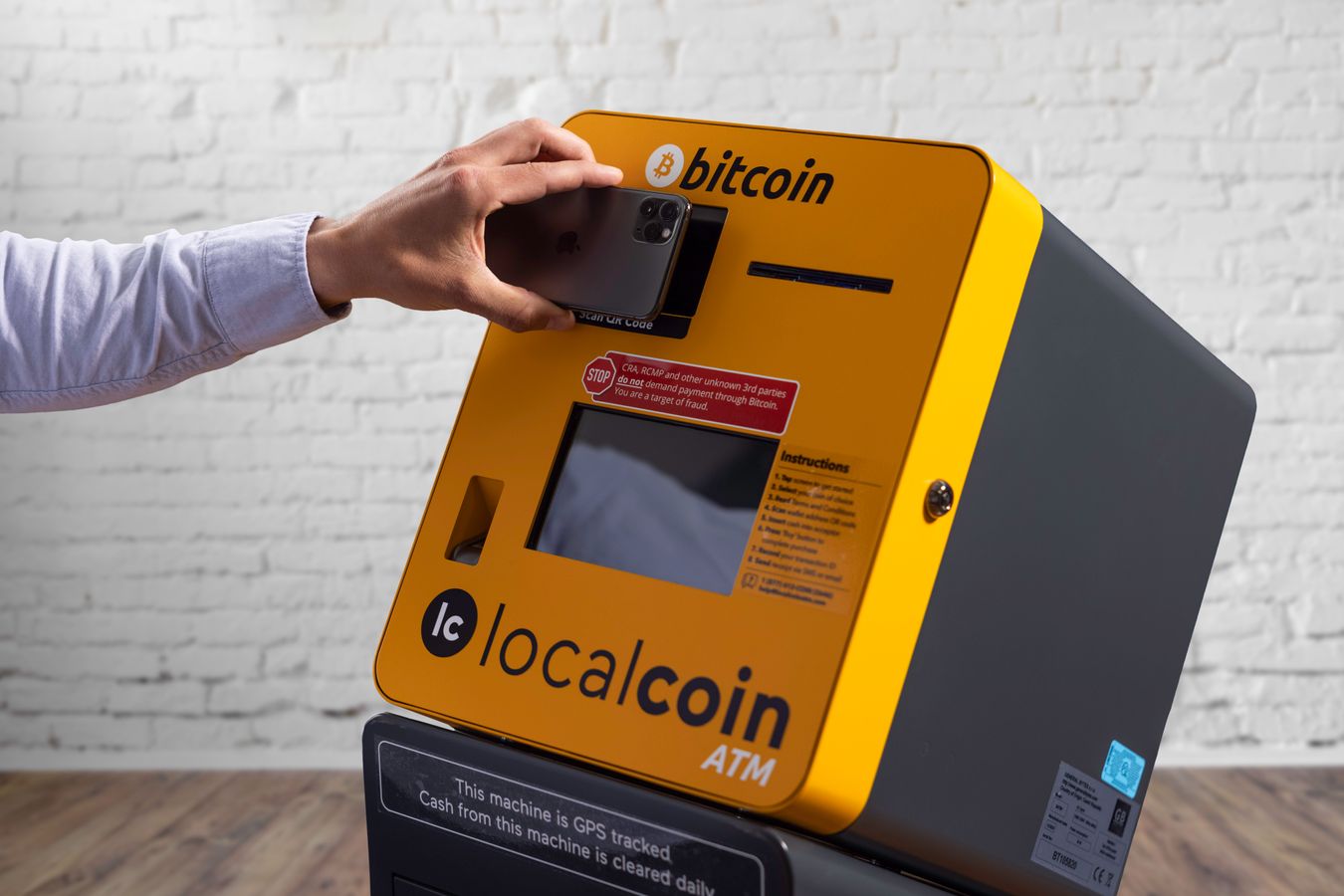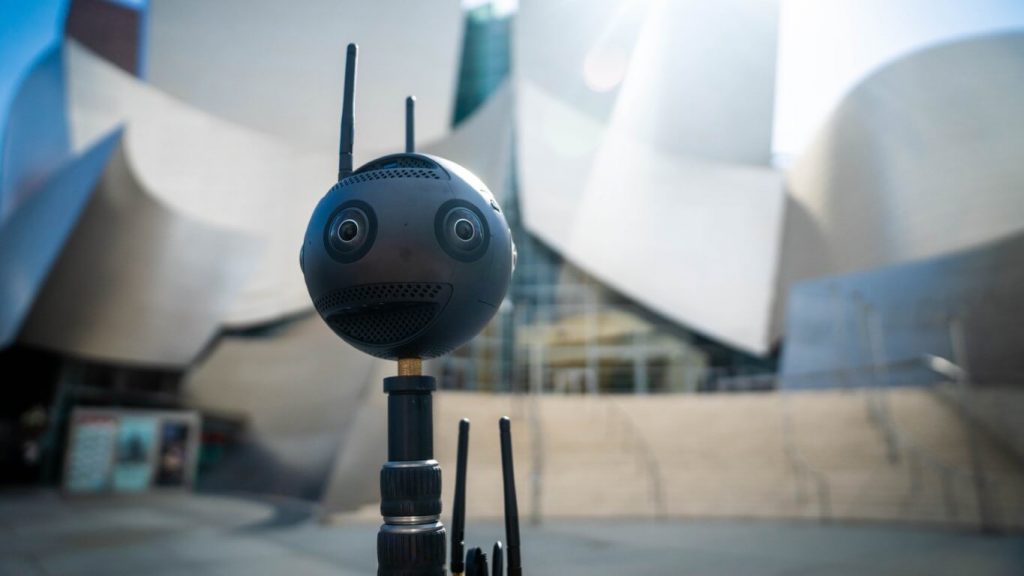Deciphering the Metaverse: The Next Frontier in Digital Innovation
As the sun rises on the digital horizon, there's a buzz among tech aficionados about a new realm that blurs the lines between reality and virtuality—a concept so all-encompassing and yet so elusive that it's been likened to the discovery of a new continent in the age of the internet. This burgeoning new world is called the Metaverse, a term that conjures images of sci-fi fantasies but is quickly becoming a palpable future of interactions, economy, and experiences.
The promise of the Metaverse is rooted in a simple yet revolutionary idea: creating a shared, persistent digital space that exists parallel to the physical world we know. Inside this digital universe, users can interact with a computer-generated environment and other users. However, the Metaverse isn't just a single virtual space. It's an interconnected web of worlds, applications, and digital ecosystems, where each component can seamlessly interact with each other.
Companies across the tech spectrum are pouring billions of dollars into Metaverse development, anticipating that it will redefine industries such as gaming, real estate, education, and even healthcare. Leading the charge are tech giants like Facebook, now Meta Platforms Inc., which made a bold statement in October 2021 by rebranding itself to signal its commitment to developing the Metaverse. Gaming platforms like Roblox and Fortnite have been paving the way for immersive environments where millions socialize, play, and attend virtual events.
Yet, the Metaverse remains an abstract concept for many. It's not a place you can simply hop on a plane to visit. It's accessed through digital devices—VR headsets, AR glasses, smartphones, and computers. In the Metaverse, the digital representations of people, known as avatars, can attend concerts, buy virtual goods, own digital land, or take part in educational programs designed in a three-dimensional canvas that surpasses the flat interfaces we've become accustomed to.
The economic ecosystem of the Metaverse is equally fascinating. A virtual economy is taking shape, complete with its own currencies, assets, and marketplaces. Cryptocurrencies and non-fungible tokens (NFTs) play a significant role in enabling the ownership and transfer of virtual goods. This digital economy is not purely speculative; it carries real-world value. In 2021, a piece of virtual real estate in the online world Decentraland sold for a staggering $913,000, proving that the lines between the tangible and virtual markets are becoming ever more indistinct.
However, critics express concerns around privacy, security, and governance in this uncharted digital territory. Issues of data ownership, digital identity, and online behavior standards must be addressed to ensure that the Metaverse does not become a lawless frontier. The potential for addiction and loss of touch with the physical world also looms large, questioning the balance between the digital and real-life experiences.
In the first section of our exploration into the Metaverse, we delve into its potential to revolutionize our digital interactions and the implications for our social structures and economies. Stay tuned for the second part, where we’ll discuss the challenges and opportunities associated with building this digital utopia, the technologies driving its development, and how it may shape the future of human connection.Navigating the intricacies of the Metaverse reveals a plethora of challenges that stand alongside its potential. As we journey deeper into this digital domain, it's essential to shed light on the technologies fueling its growth and the societal and ethical implications that accompany its evolution.
One cannot discuss the Metaverse without highlighting the technological engines driving it forward. Cloud computing provides the backbone for the vast, scalable, and persistent nature of the Metaverse, ensuring its worlds are always on and accessible. Virtual Reality (VR) and Augmented Reality (AR) are the gateways that allow full immersion, superimposing digital content onto our physical surroundings or transporting us to entirely virtual landscapes. Artificial Intelligence (AI) adds another layer of complexity, creating more natural interactions with digital entities and enabling personalized experiences.
Further innovations lie in areas like 5G networks, which reduce latency and allow the high-speed connectivity that a truly seamless Metaverse requires. Blockchain technology, while often associated with cryptocurrencies, also enables asset verification and secure transactions, ensuring the digital ownership of virtual goods and properties remains uncompromised.
Beyond the technical realm, the societal impact of the Metaverse is vast. The notion of digital citizenship will take on new weight, with avatars engaging in behaviors that reflect real-world social norms and expectations—or, in some cases, challenging them. As digital and physical personalities merge, questions arise about identity, reputation management, and personal expression standards in ways that current social media platforms have only begun to encounter.
Furthermore, the economy of the Metaverse may well influence real-life economies, creating jobs as developers, designers, and curators shape digital worlds just as architects and engineers shape our physical ones. There is potential for a full workforce operating within the Metaverse, bringing a new dimension to the concept of 'remote work.' Yet, this also introduces complexities regarding labor laws, intellectual property rights, and international regulations, as traditional legal frameworks are challenged by an environment unconstrained by national borders.
The ethical considerations of the Metaverse, while seemingly boundless, center around core issues such as privacy, accessibility, and inclusivity. A digital world with the capacity to track every movement and interaction presents unprecedented challenges to individual privacy. The anonymizing potential of avatars could both shield users from unwanted intrusion and foster an environment ripe for misconduct without accountability.
Accessibility to the Metaverse, both in terms of the requisite technology and the interfaces through which it is experienced, will play a critical role in its development. If the Metaverse is to be a truly democratizing platform, it must offer equal opportunities and be equally enriching for individuals across diverse economic, geographic, and physical spectrums. Ensuring that the Metaverse does not perpetuate or exacerbate existing inequalities will be a formidable test of its founding principles.
Inclusivity also demands attention. As of now, the Metaverse is predominantly populated and shaped by early adopters and a technically literate community. For it to truly reflect the diversity of the human experience, concerted efforts are needed to bring in voices from varied backgrounds, skill sets, and perspectives. Only then can the Metaverse aspire to be a space that not just replicates, but enhances, the richness of our shared reality.
While the challenges ahead are significant, the exploratory nature of the Metaverse harbors an excitement reminiscent of early internet days. It offers a canvas for innovation that could redefine human interaction, create new forms of expression, and push the boundaries of what's possible. The next phase of the digital revolution is upon us. The Metaverse's true impact will unfold in the years to come, crafting a narrative that we, as digital citizens, will have the power to shape.
In conclusion, the Metaverse stands poised on the cusp of our present reality, presenting a fusion of dreams and practicalities, risks and rewards. As we continue to unravel its complexities, the utmost priority should be ensuring that its development is responsible, ethical, and in the best interest of humanity's diverse tapestry. The story of the Metaverse is only beginning, and it is up to all of us to help write its next chapter.








Comments